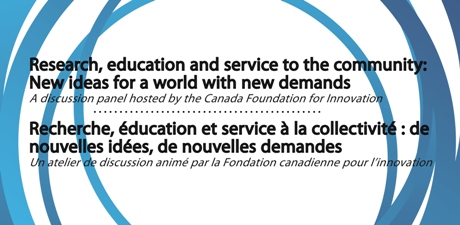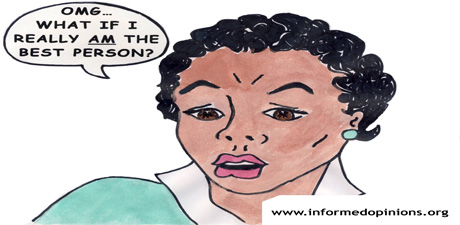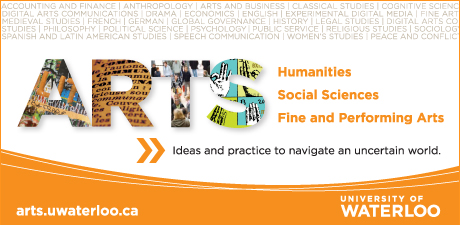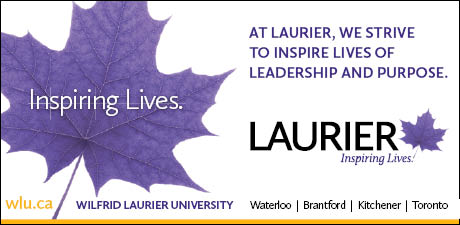Democracy of knowledge: a call for modernization
Teghan Barton
Congress 2012 Correspondent
Congress 2012 continued its Big Thinking Lecture Series on Saturday with an address from the Governor General about the need to democratize knowledge, followed by a Canada Foundation for Innovation sponsored panel (Reeta Tremblay, Jeffrey Keshen and Yves Mauffette were the guest panelists and Gilles Patry served as moderator) that expanded on the ideas Johnston presented and calling for a change within the structures of learning. The two Big Thinking lectures paired well with one another, with panelists building on the ideas produced by their colleagues. There was clearly an overarching theme connecting these lectures; that accessibility to and of knowledge is key to future success and that there needs to be an increase in interaction between researchers and the communities around them.
Some of the most interesting ideas came from audience questions and comments. One man, a student at the University of Guelph, commented that
“students today are learning differently than their parents, but we’re still being taught in the same way.â€
I was struck by the truth of this statement and I reflected upon my own experiences as a student, the issues my peer group and I encountered and the quiet murmurs about ‘antiquated’ procedures that seemed to echo in the hallways.
The truth of the matter is that students today are learning in a different way; the very manner in which we engage with the world is different than how our parents did and yet students are expected to learn in nearly the exact same way as students did a generation ago. Johnston reflected on these changes in his address, comparing Open-Text programing to the traditional handwritten index card. Our parents used the latter while students today utilize the former on a daily basis; with each generation experiencing a level of illiteracy towards the other’s technology.
This is but one example of the growing divide between generations, a divide that will continue to expand until structural changes are made to the ways in which knowledge is disseminated.
This is not a call to completely cast off the ‘old ways’, there is value in the tried-and-true methods that have served as the foundation to human achievement. As with many other old institutions, there needs to be some modern advancement in the ways in which learning is done. New methods that involve local communities, embrace technological advancement, and above all else enable creative expression in all its forms.
With all the discussion around structural changes within universities, the call for a re-imagining of what learning looks like, the question emerges about when or if these changes will occur. In fact, the moderator Gilles Patry posed this question to the panel and their answers were reflective of a slow bureaucratic system that is reluctant to change.
I can only hope that with the presidents of both WLU and UW in attendance, that the call for change did not go unheard. If departments, educators, students and leaders all worked together, the dream of a democratic and engaging future that Johnston described could be one step close to becoming a reality.
If Congress 2012 is proof of anything, it is that this country is home to a thriving community of researchers and thinkers. We, as a nation should be encouraging this desire for knowledge and work to ensure that everyone has access to it. Not just accessible to all different types of people, but a modernized accessibility that is open to all different types of minds. The world is changing, people are changing, the structure of learning needs to as well.
Image courtesy of The Office of the Governor General









